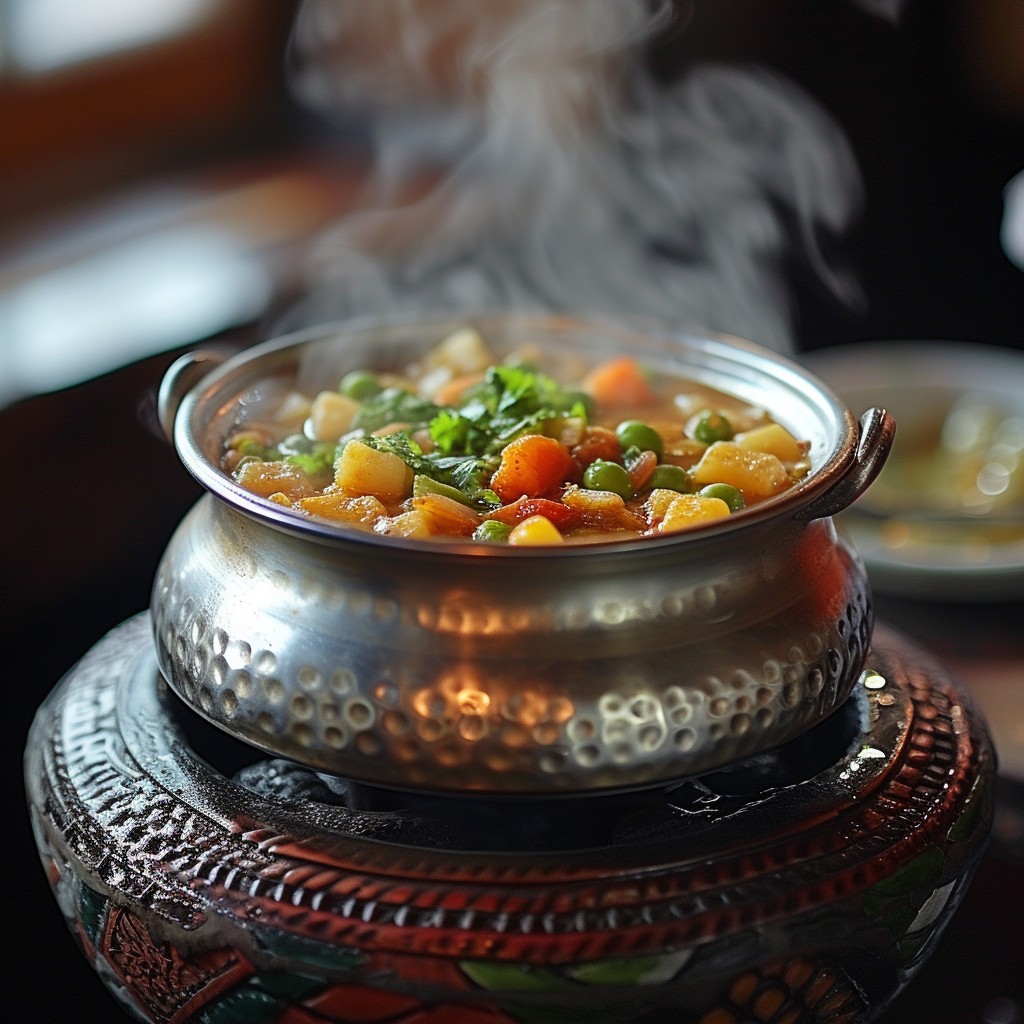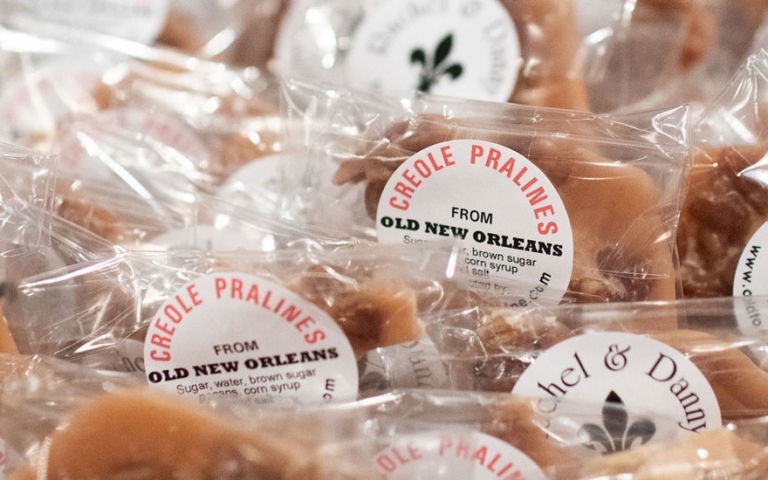The internet has gifted us many things: cat videos, the democratization of knowledge, and now, apparently, the revolutionary discovery of boiling water with ingredients in it. Welcome to the “water-based cooking” phenomenon, where Gen Z influencers are breathlessly promoting what every grandmother since the dawn of civilization has called soup.
Picture this: steam rising from a simple pot, the familiar sizzle of onions hitting hot water, the gentle bubble of something ancient and nourishing coming to life. Dr. Michelle Davenport, a scientist and registered dietitian, has become the face of this movement on social media, touting the anti-aging and digestive benefits of cooking without oil. The technique involves steaming, poaching, or simmering foods in water—methods that have formed the backbone of cuisines across Asia, Europe, and Africa for thousands of years.
The response has been swift and merciless. “Bro invented soup” became the rallying cry of critics who couldn’t help but notice the irony.
Asian social media users were particularly vocal, with many posting variations of “As an Asian, what’s new?” Food historian Dr. Sarah Kim notes that water-based cooking methods date back over 5,000 years in Chinese cuisine alone. The cultural conversation has evolved beyond mere mockery into a deeper discussion about culinary appropriation and the cyclical nature of food trends.
Yet beneath the justified eye-rolling lies genuine nutritional merit. Water-based cooking methods do preserve nutrients better than high-heat techniques and reduce the formation of advanced glycation end products (AGEs), which are linked to aging and chronic diseases. Nutritionists praise steaming and poaching for their ability to maintain the integrity of water-soluble vitamins while keeping calorie counts low.
Even dishes like vegan caldo verde, which traditionally use olive oil for richness, are being adapted by some cooks to fit the water-based trend, resulting in lighter versions that highlight the natural flavors of the ingredients.
The trend reflects something larger about how we consume culture in the digital age. Each generation seems destined to “discover” what came before, repackaging ancient wisdom with contemporary urgency. Perhaps there’s something beautiful in watching young people get excited about cooking vegetables in water, even if they’re calling it revolutionary.
For example, some home chefs are even experimenting with water-based methods for passover cooking, offering a fresh take on holiday classics that are usually prepared with fats but can be deliciously reimagined with simmering or poaching.
The real revolution isn’t in the technique—it’s in watching soup get its TikTok moment, proving that sometimes the oldest stories are the ones most worth retelling.


















